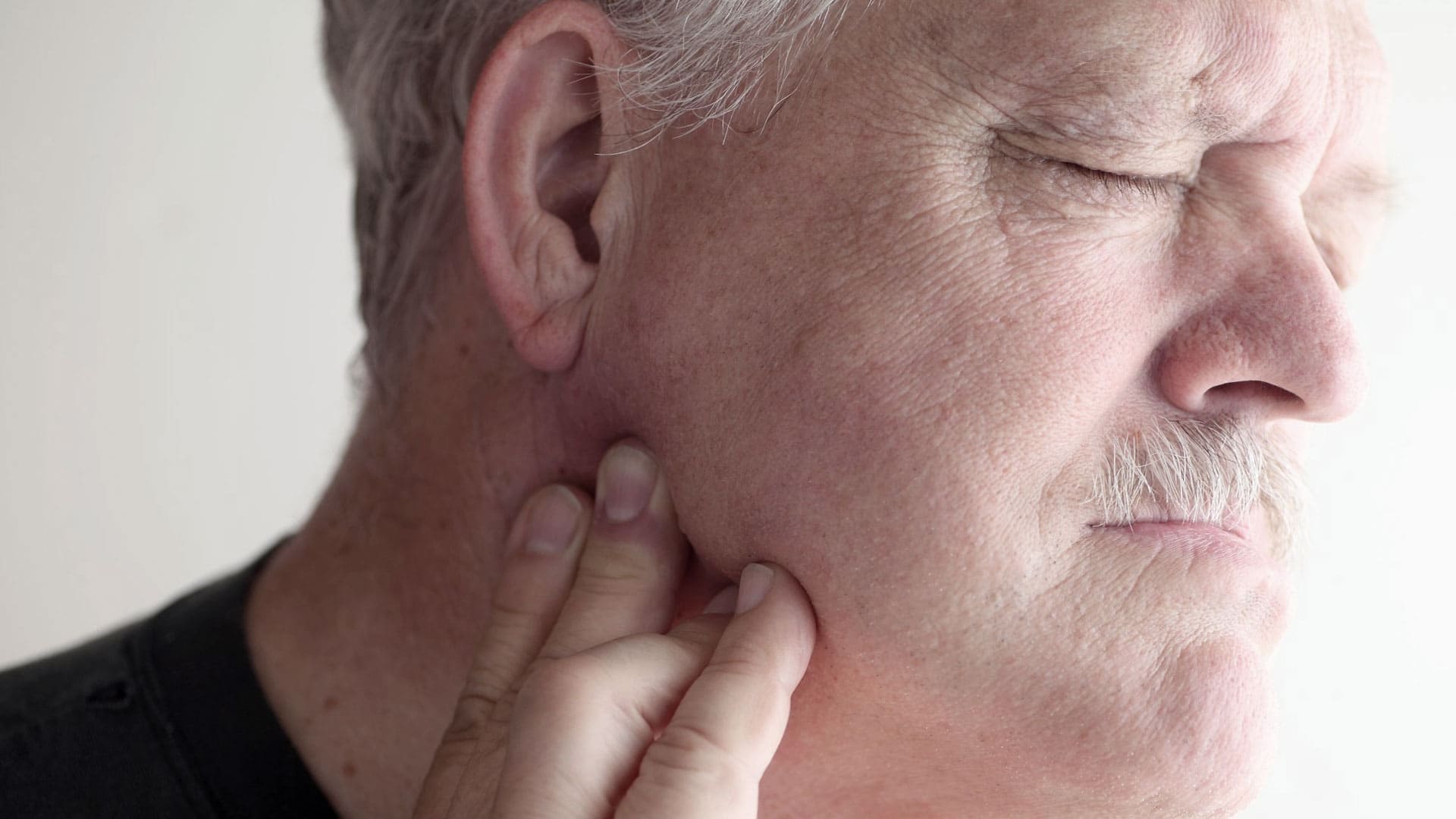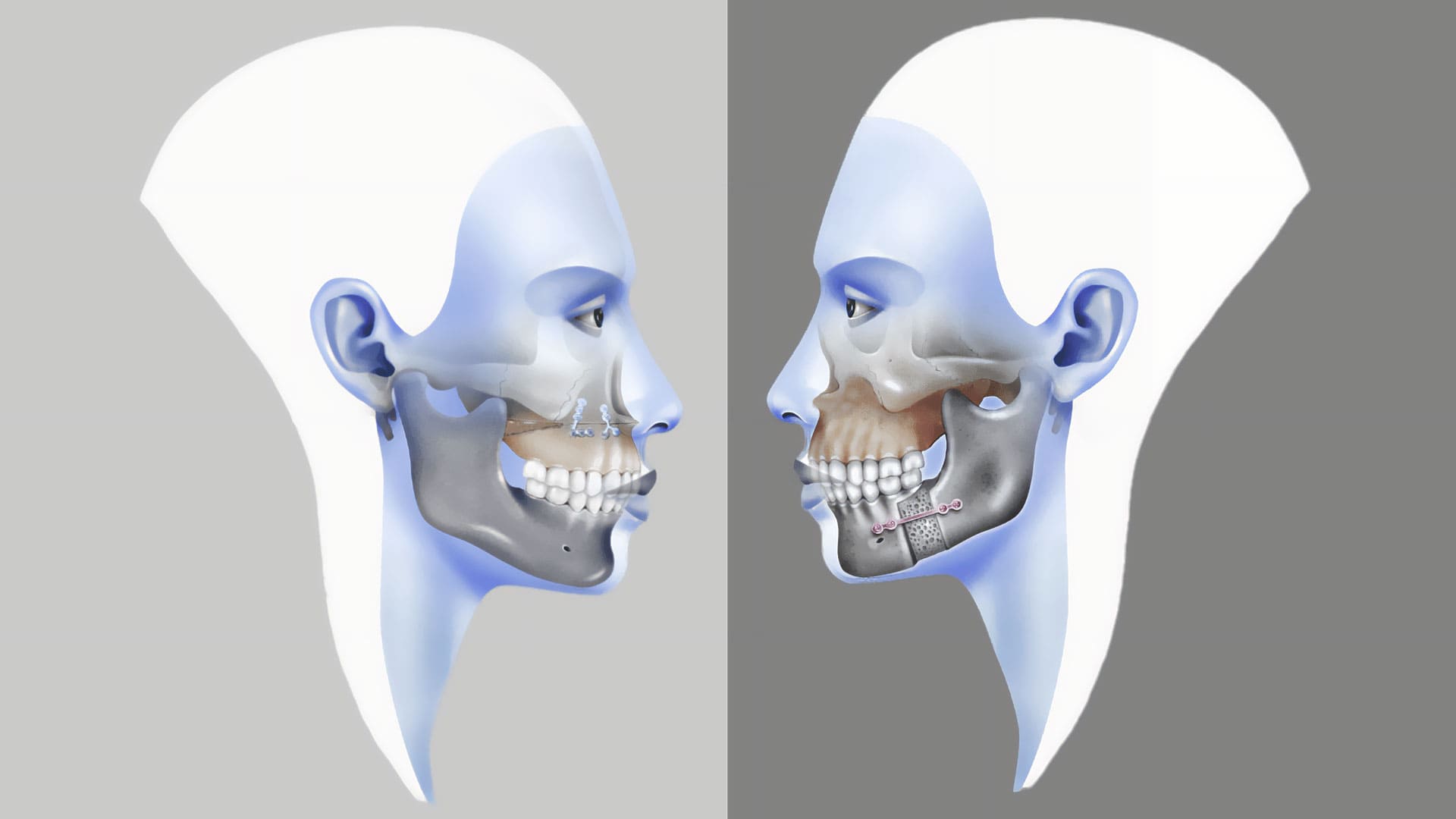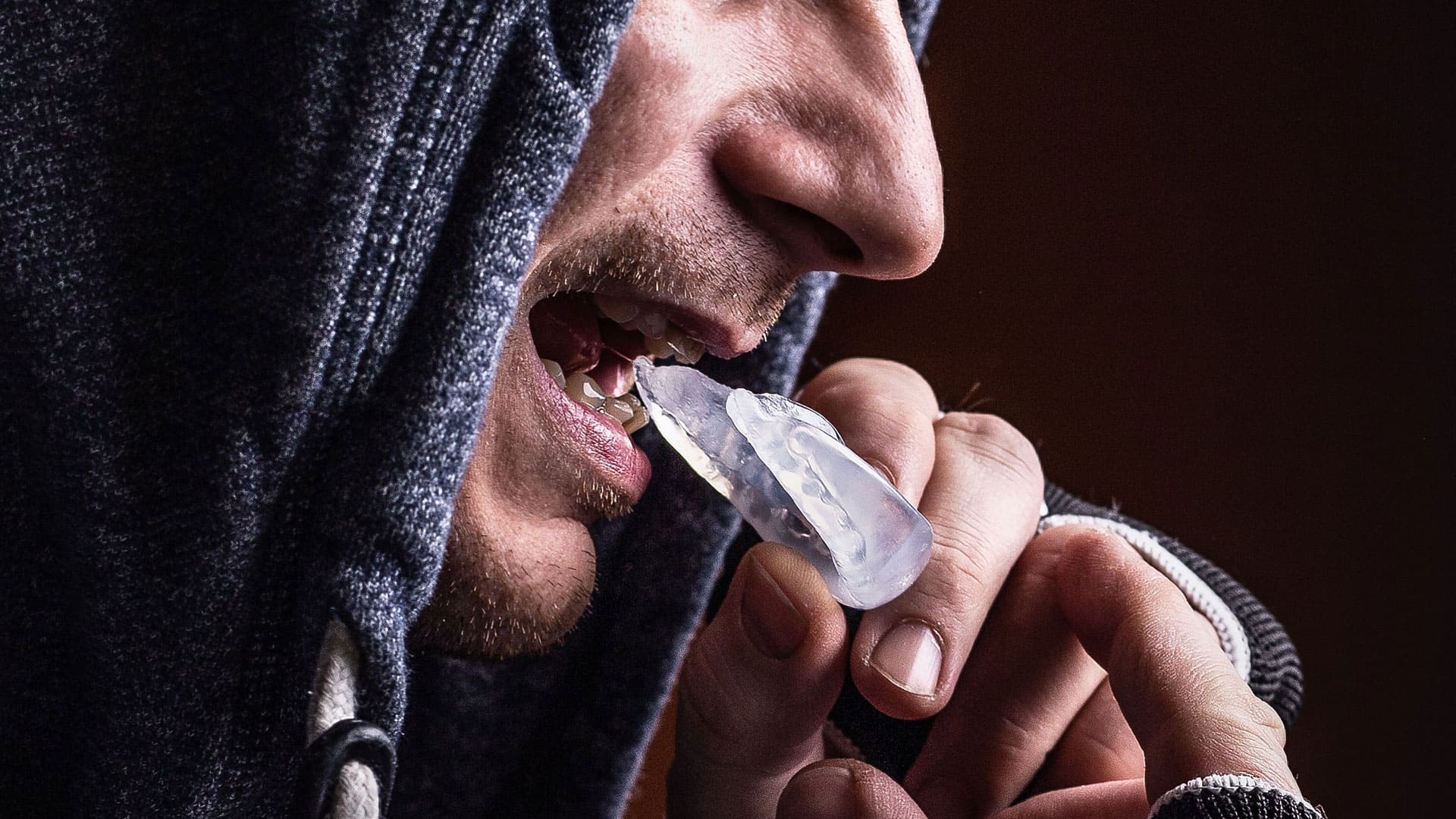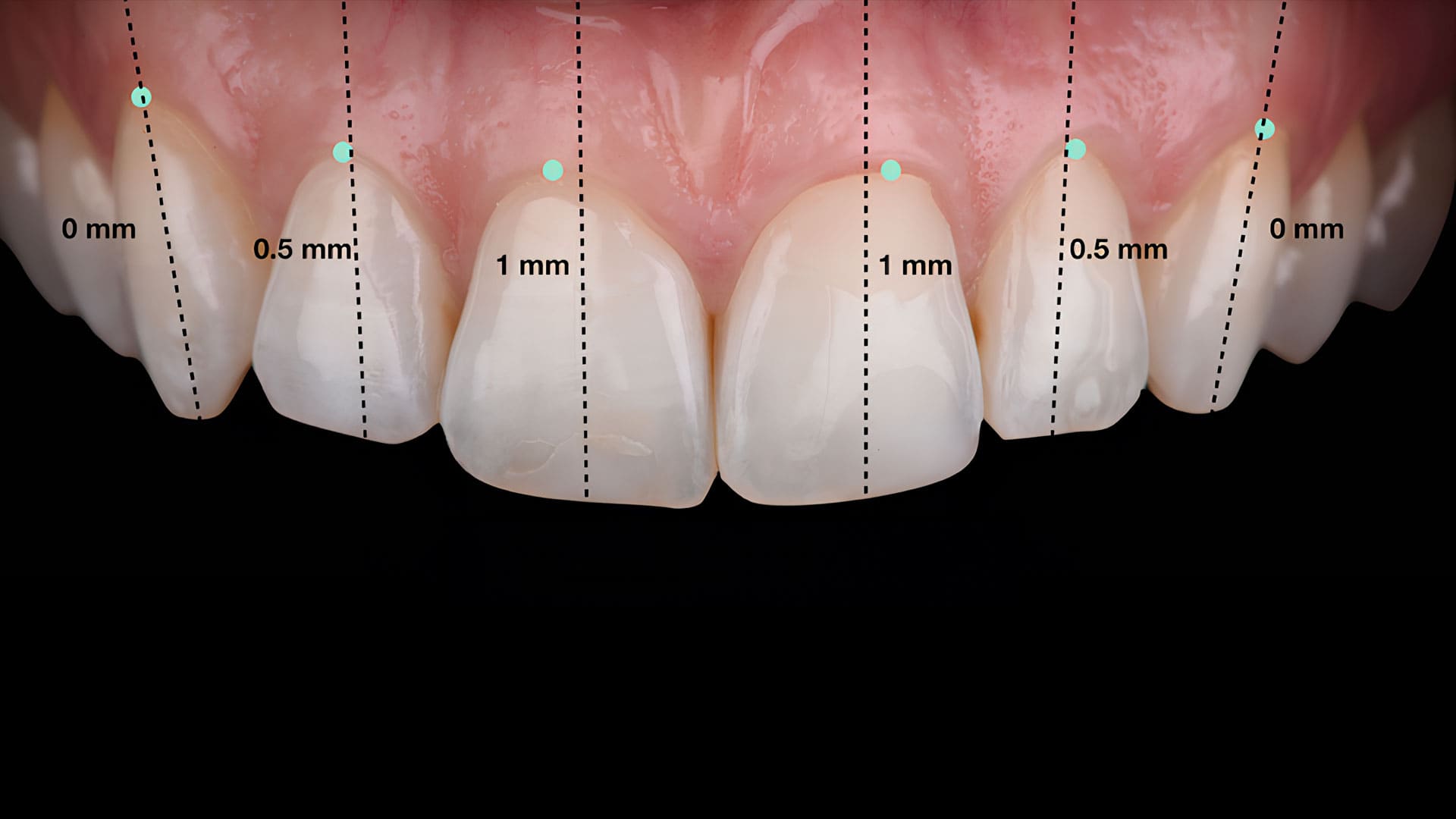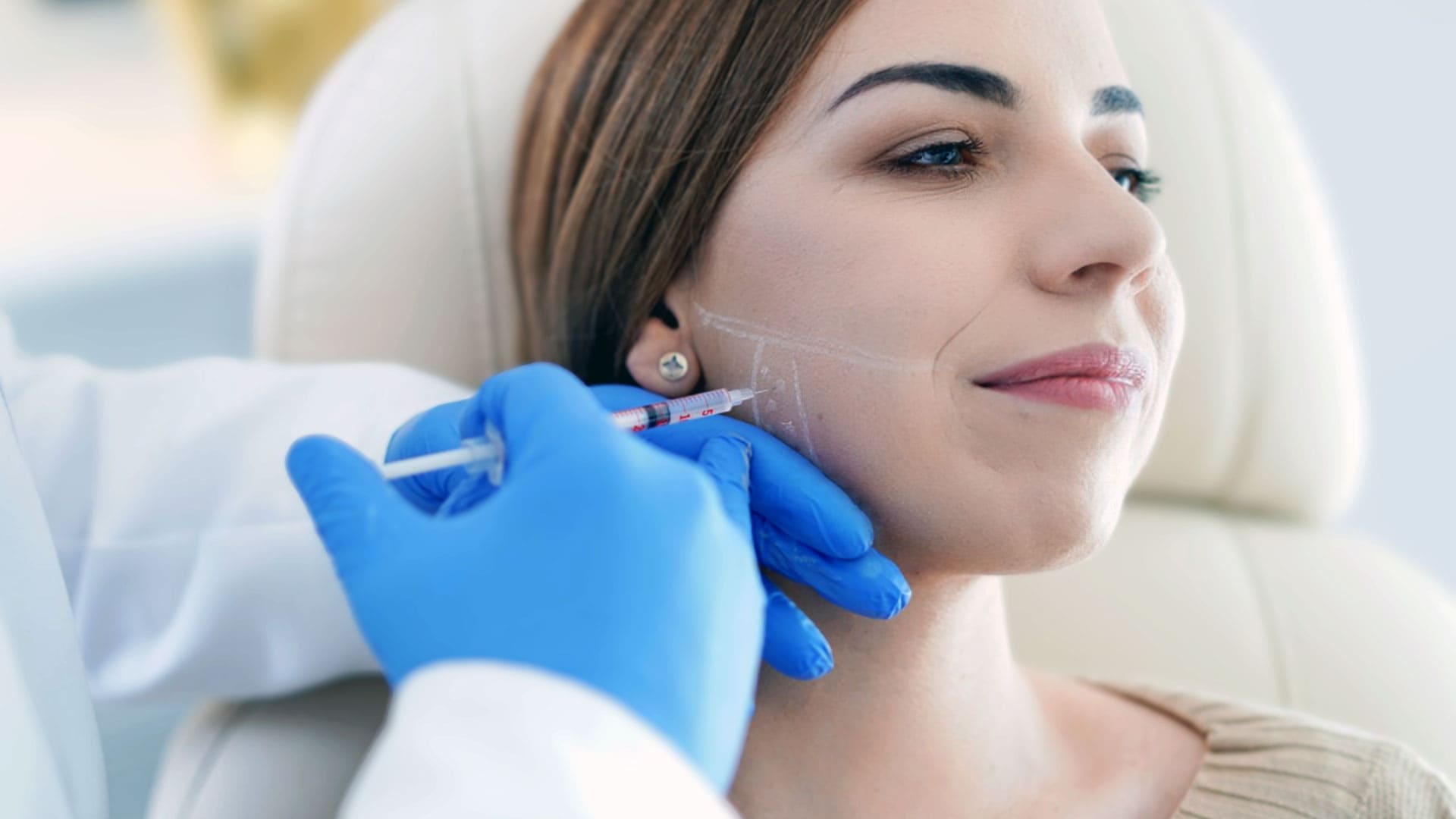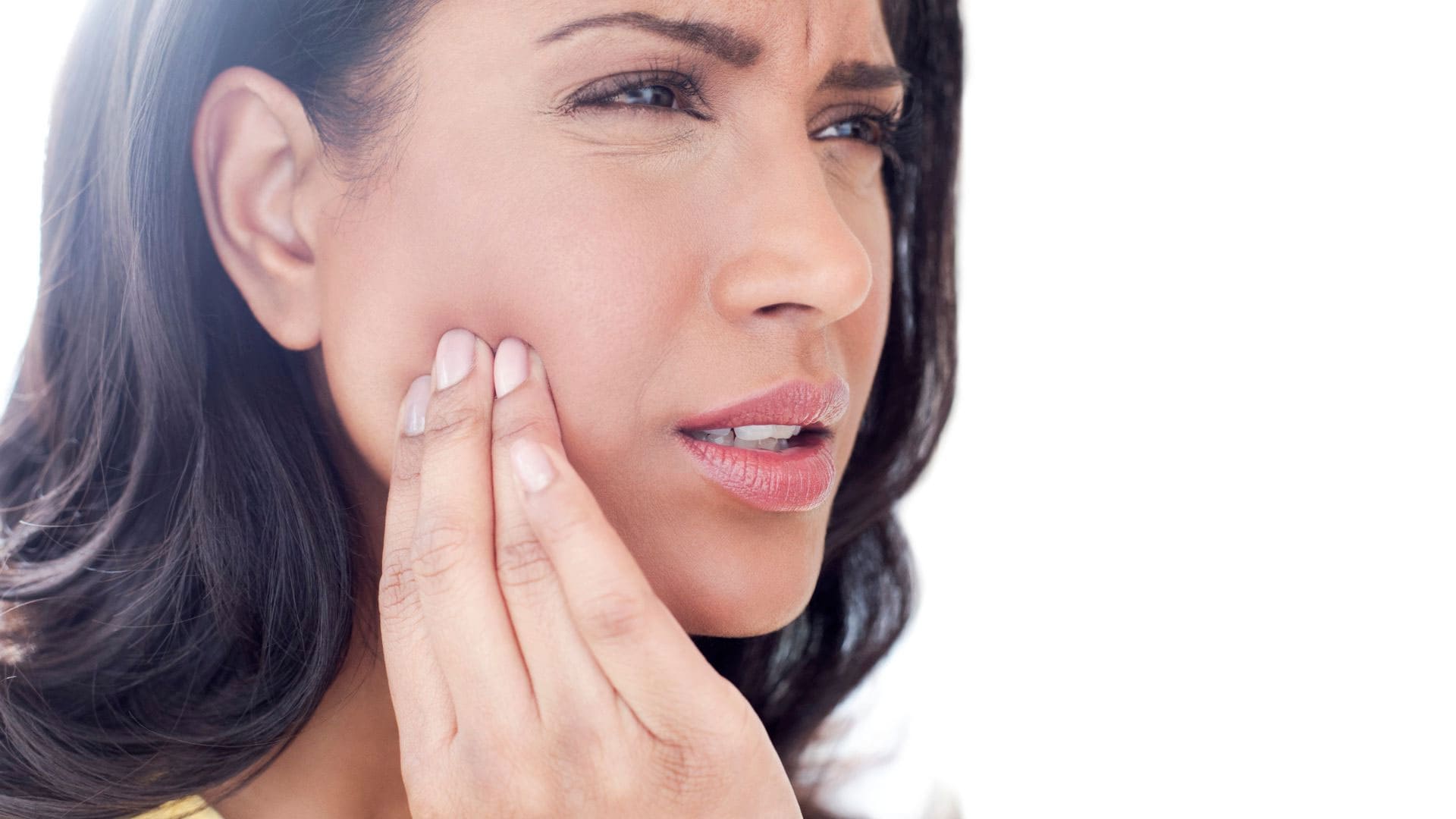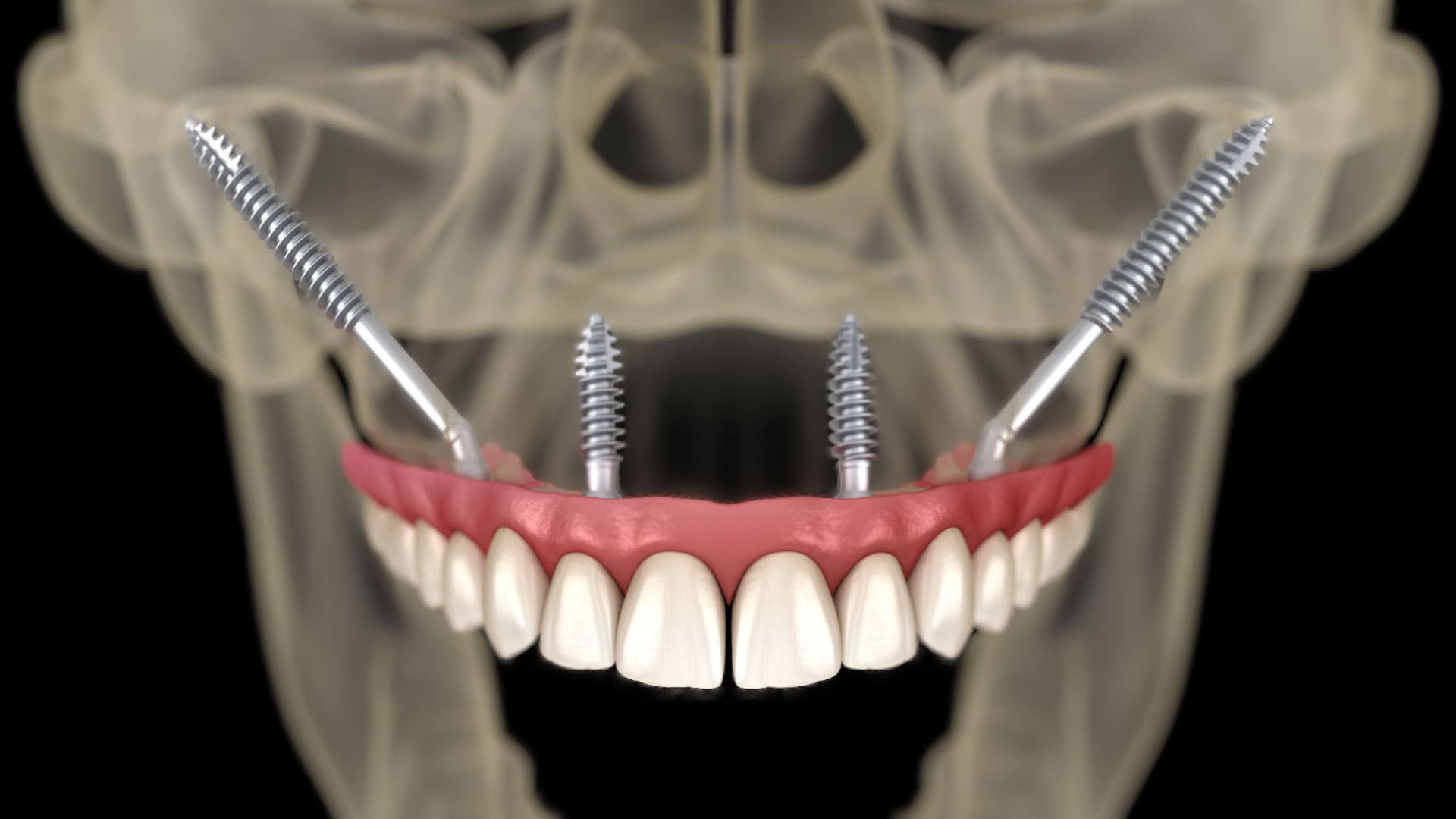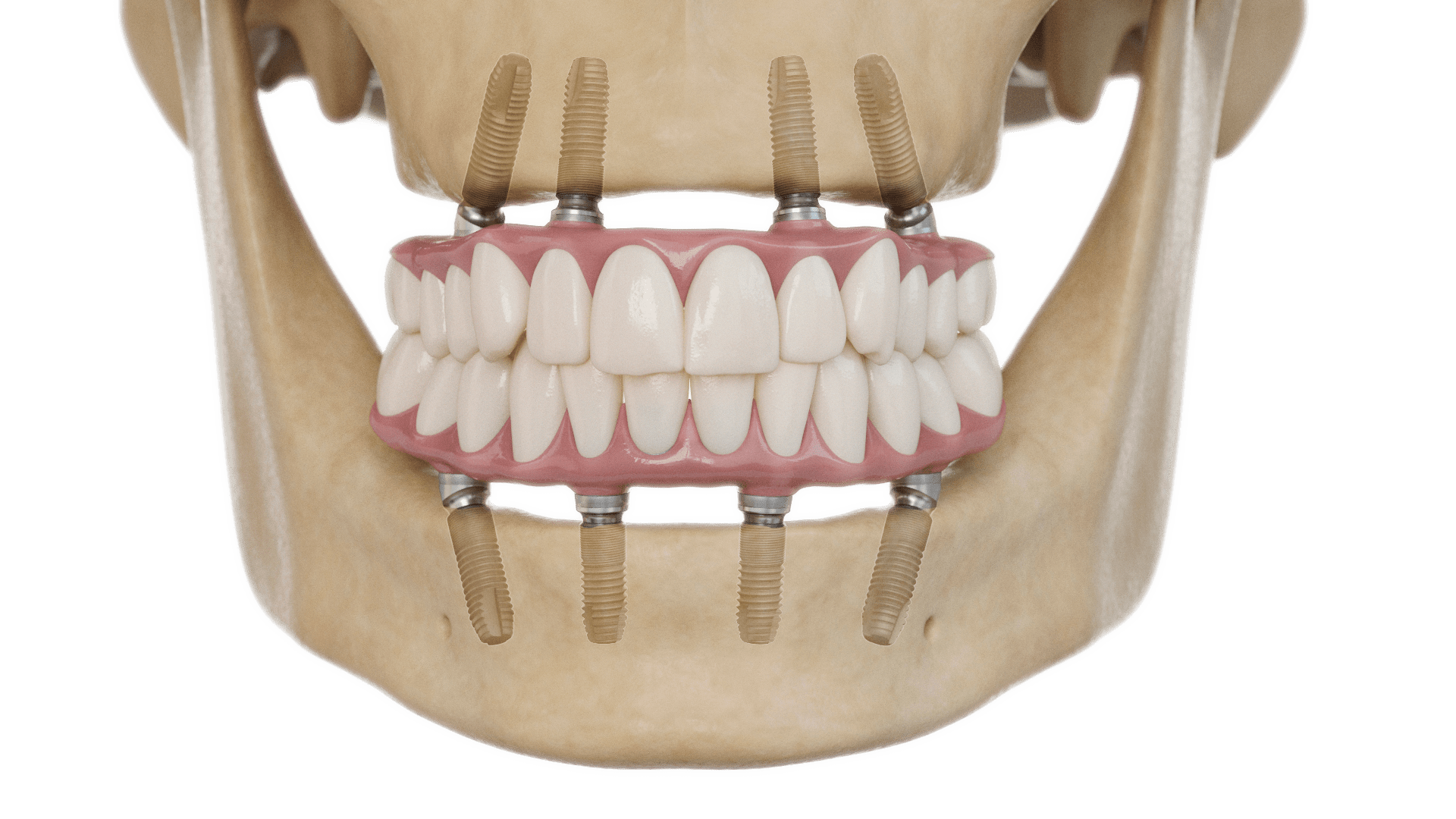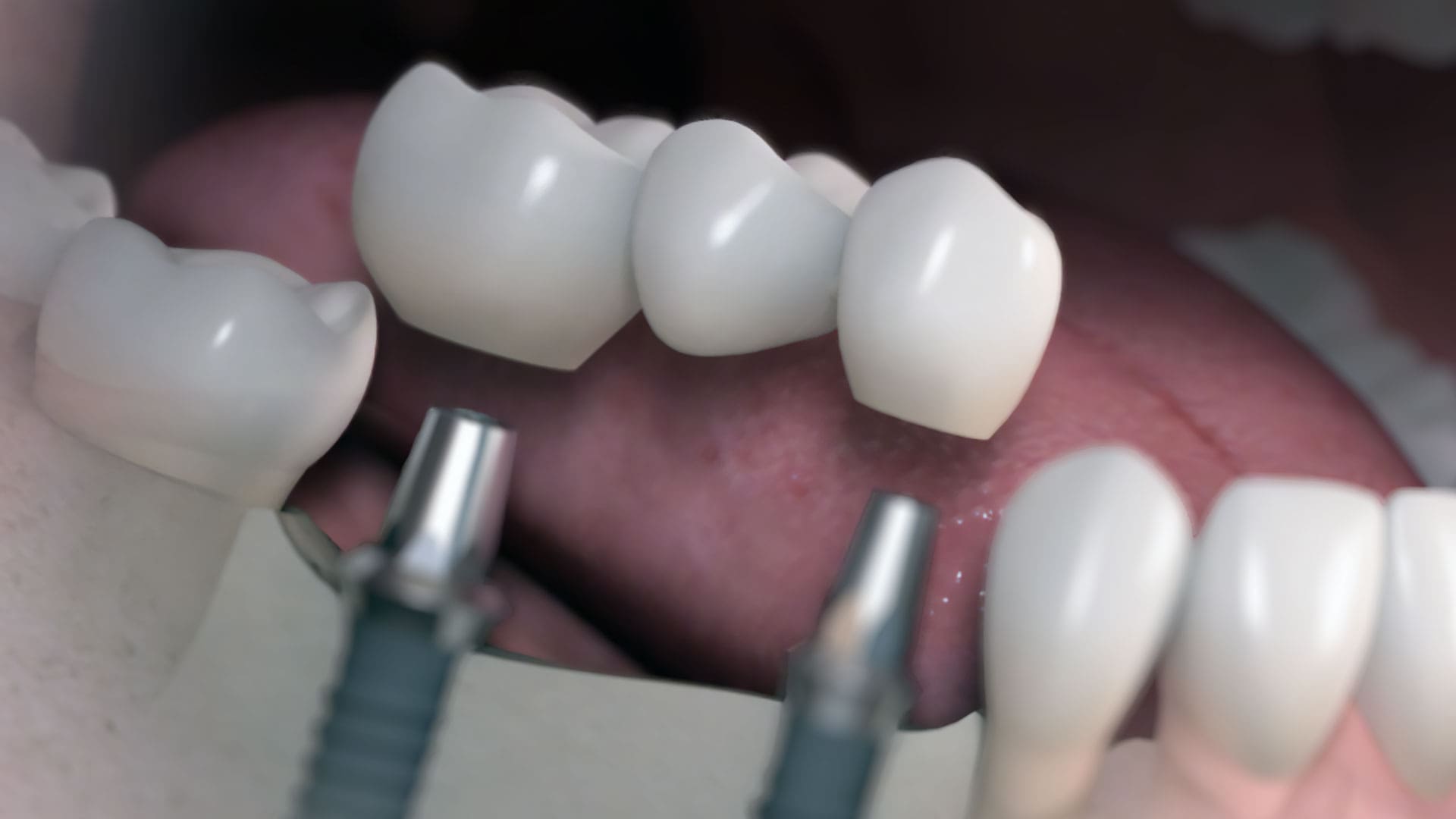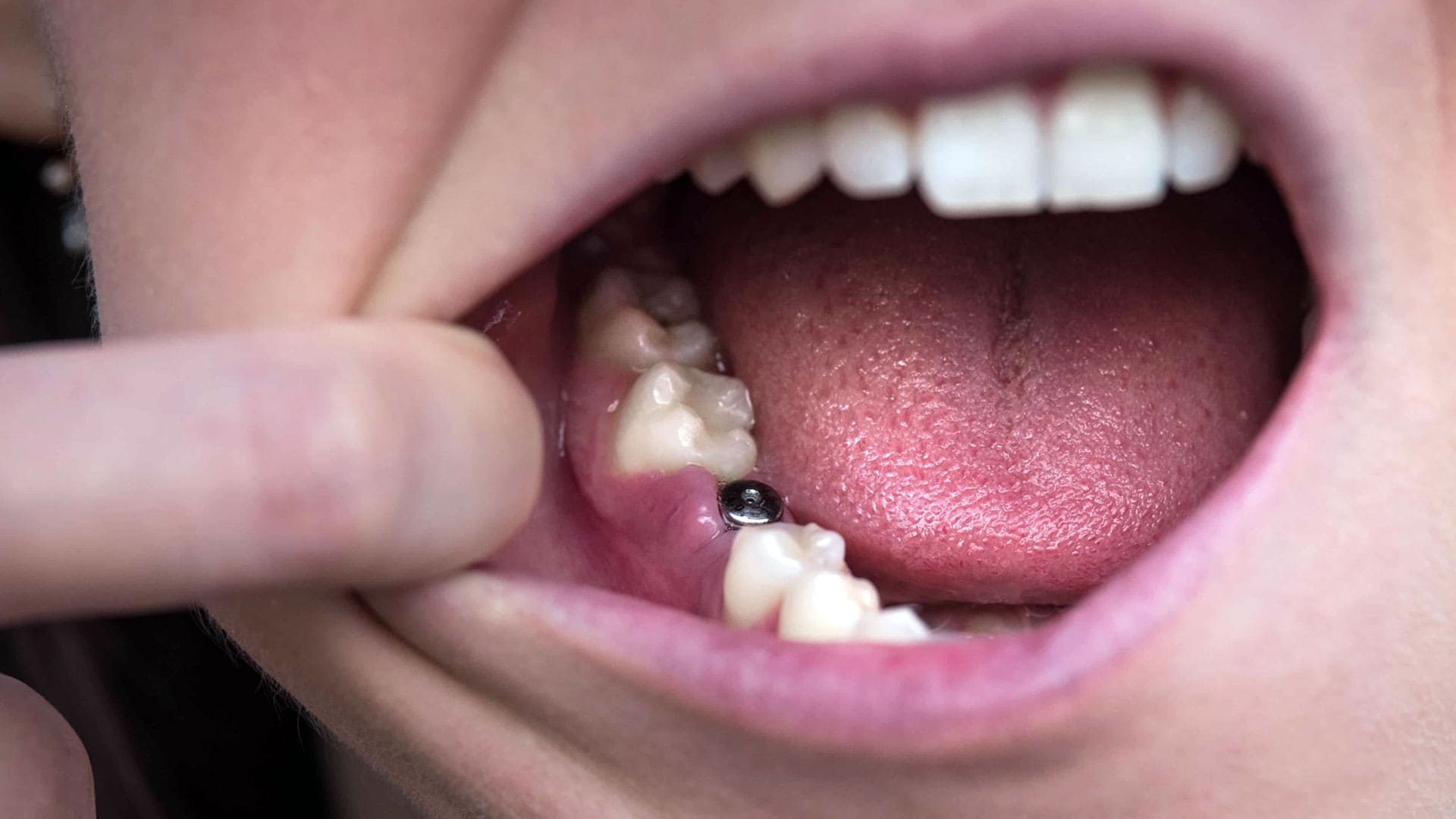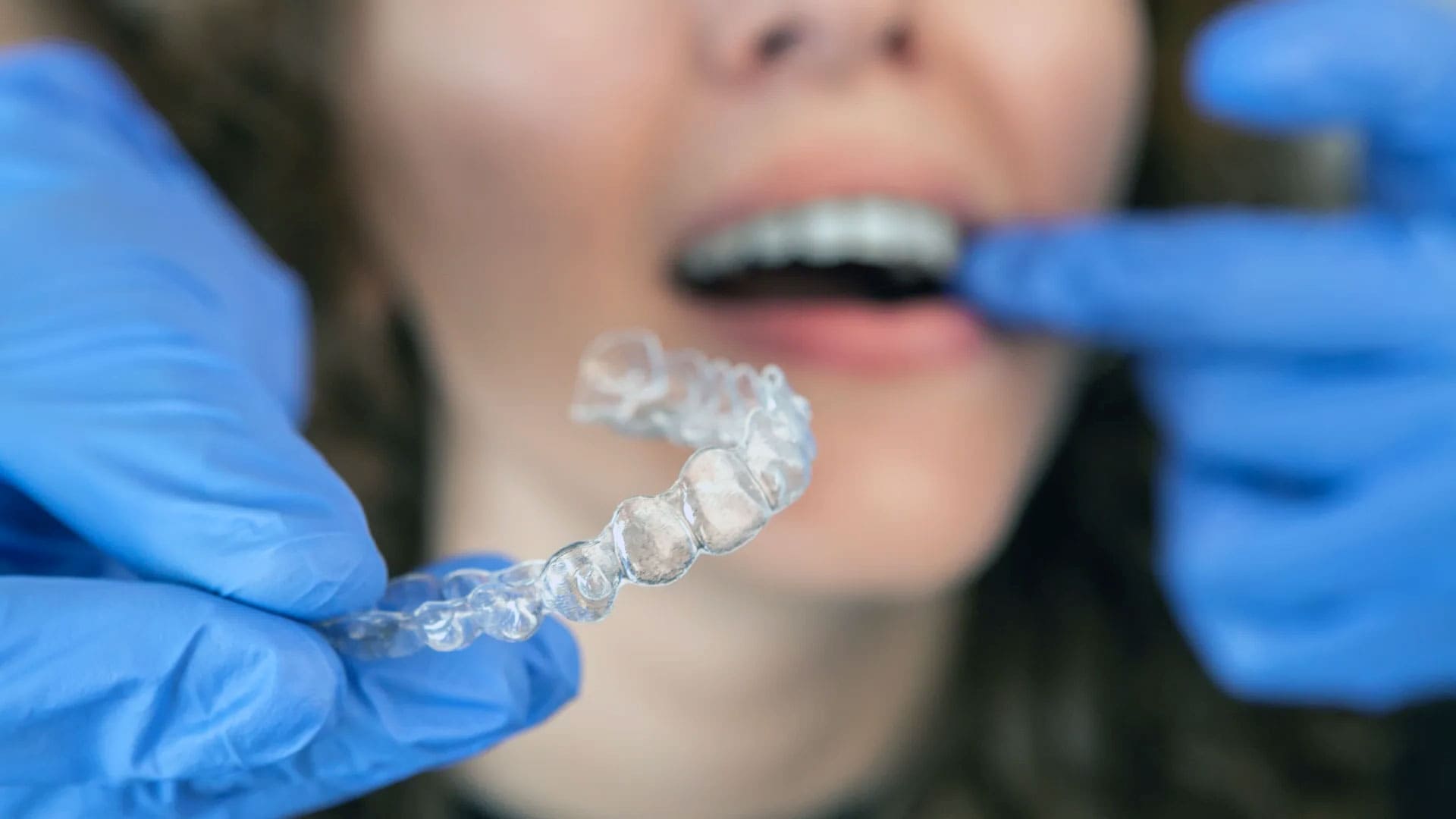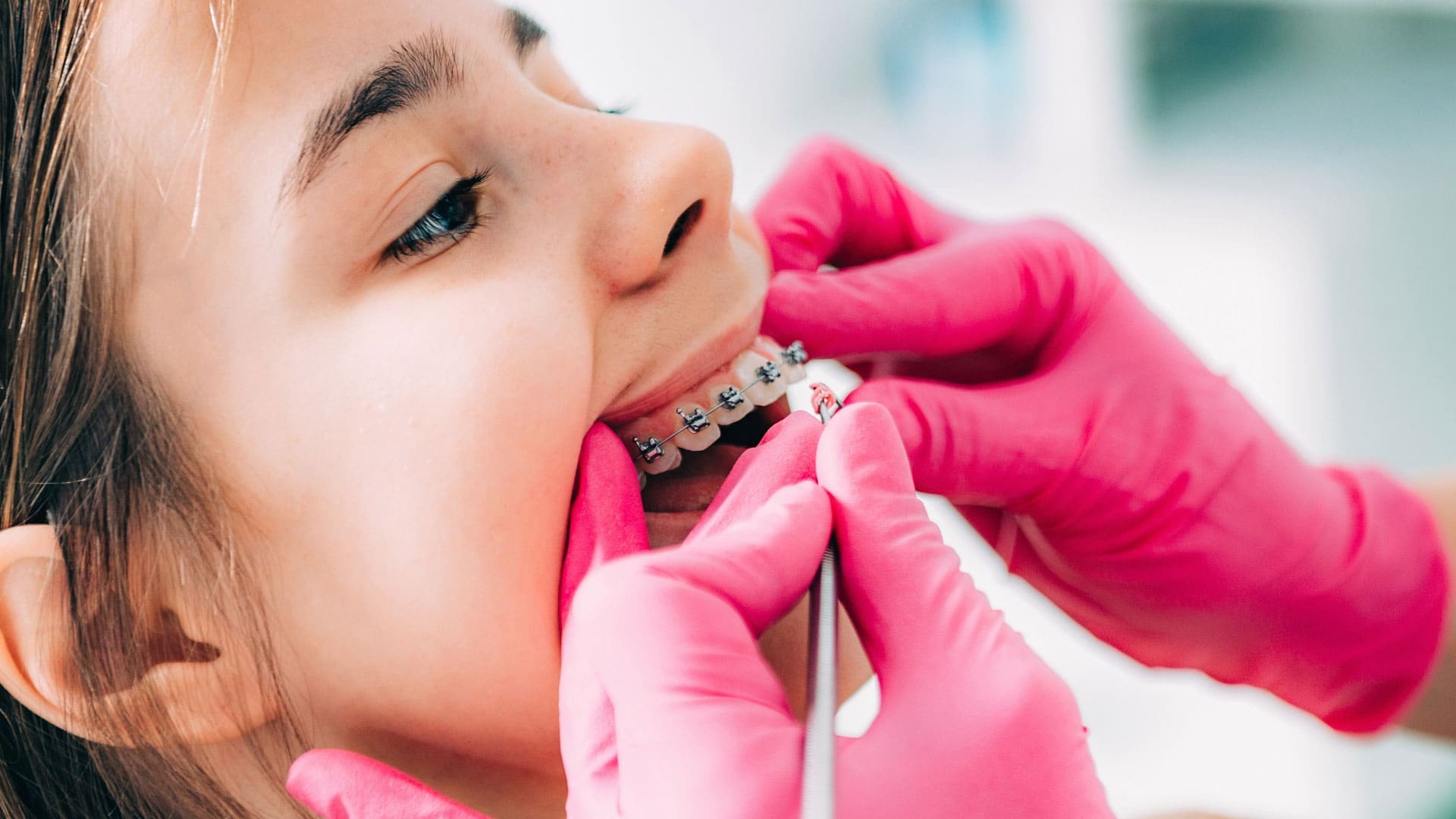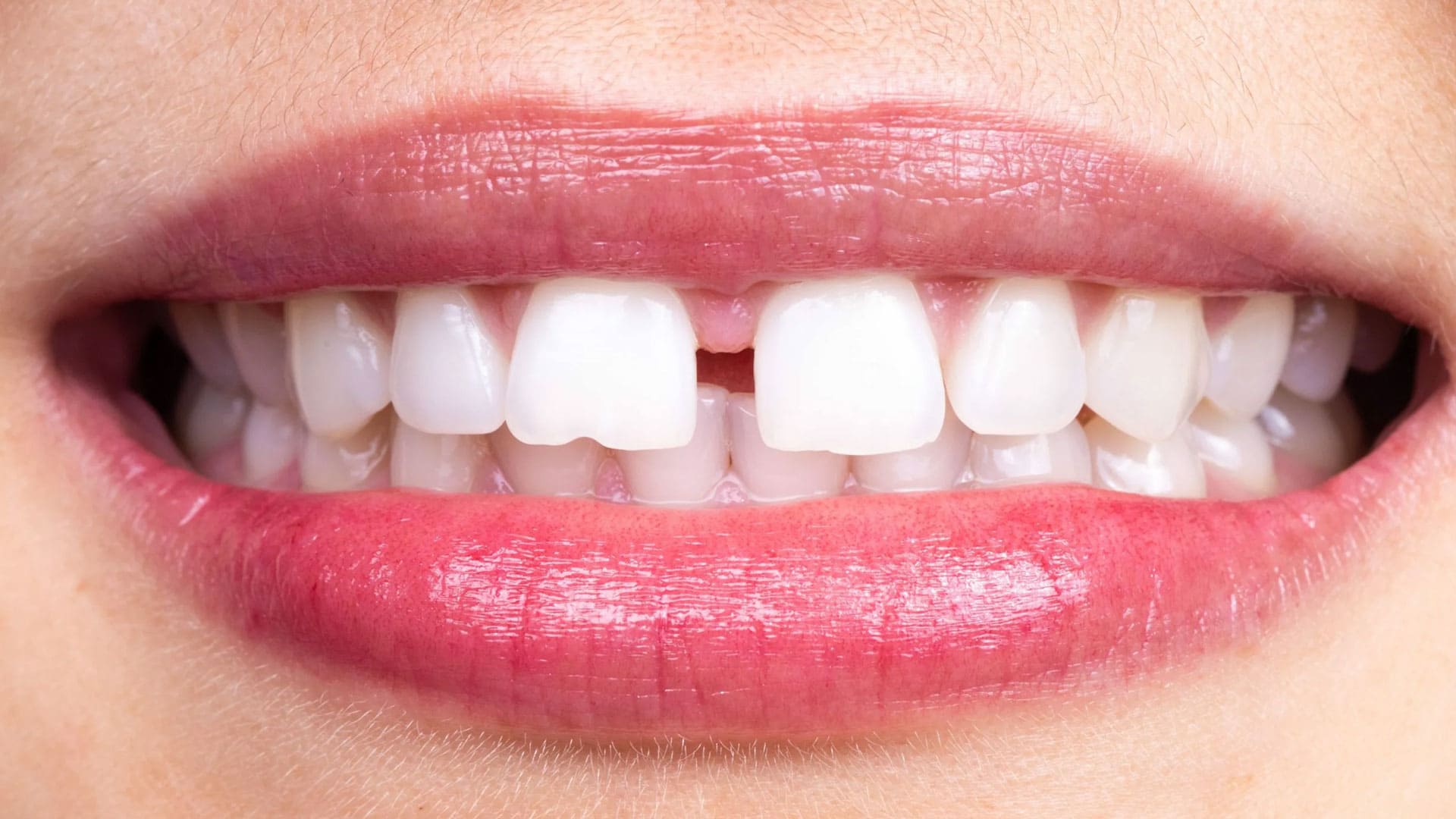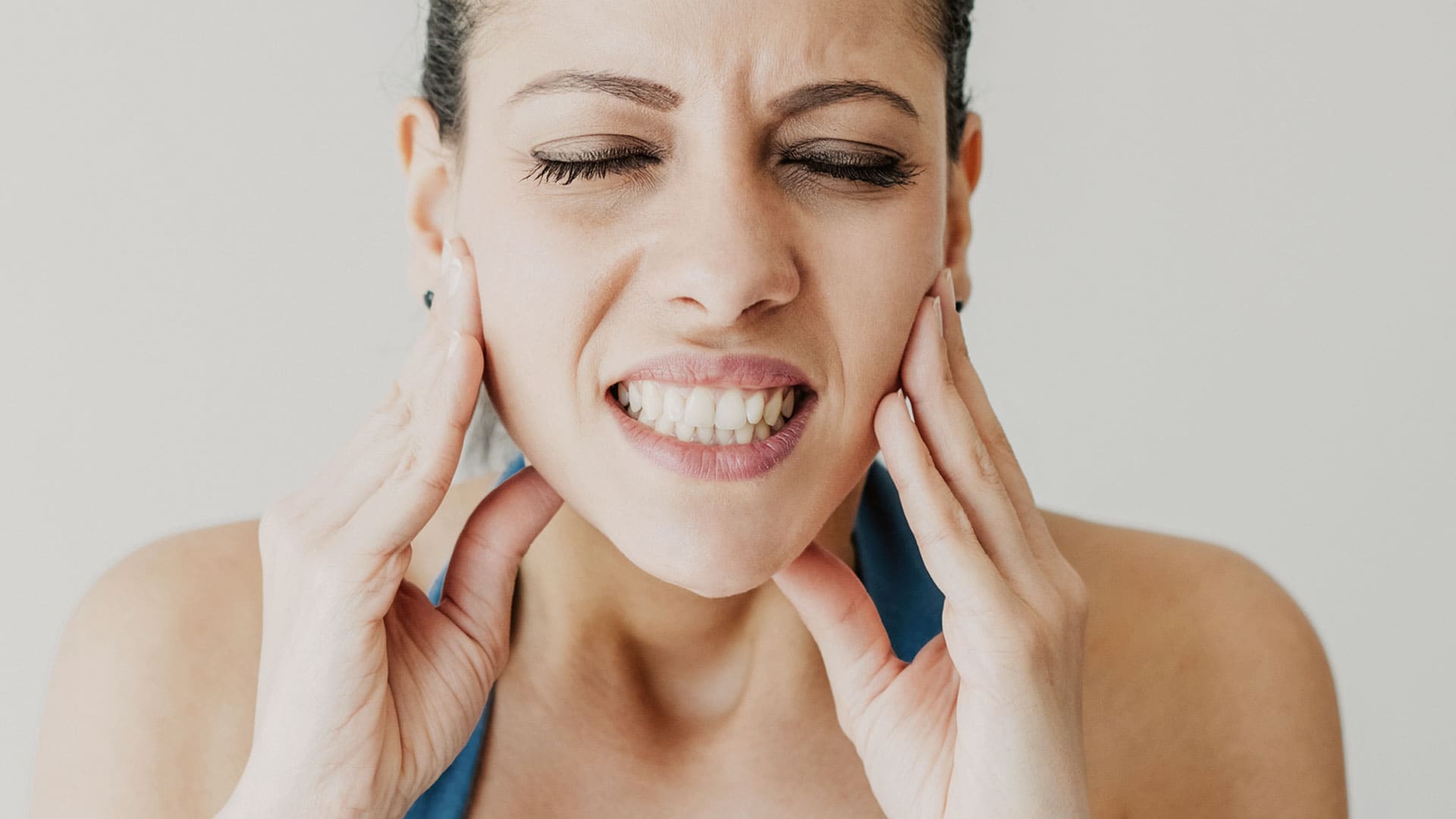
Causes of Night Teeth Grinding
The problem of clenching your teeth at night and treatment options
You may clench your teeth at night without realizing it. There are many causes of bruxism. The most common causes are psychological. The reasons for clenching your teeth at night are usually stress-related. If you wake up with a headache in the morning, it is probably because you clench your teeth at night.
A sign of clenching is that when you wake up, your jaws are close together and your teeth are on top of each other. Having your teeth on top of each other all the time, as if you were in a chewing position, can also lead to tooth sensitivity.
The problem of clenching teeth is a condition that is usually ignored and ignored. However, if it is ignored, you may wake up in the morning with increasing headaches. The wear and tear on your teeth can lead to tooth decay and loss over time.
What is tooth clenching (What is bruxism?)
Teeth clenching, tension when you are nervous, is a common occurrence. You may notice that your whole body is more tense than it used to be. You may also carry this mood at night due to the stress of the day. You can also do the act of clenching your teeth when you get angry during the day while you are awake.
You can find professional solutions to all your dental problems by making an appointment at OPC Clinic.
What is Bruxism?
Bruxism, also known as tooth clenching, is the harsh clenching of the upper and lower jaws day or night. Tooth wear can occur due to the teeth overlapping each other in a hard way.
Bruxism occurs not only as clenching of the teeth, but sometimes as grinding in combination with clenching. You may be clenching your teeth at night due to factors such as structural disorders, intense anxiety and stress. As soon as you realize this, you should take the necessary measures to try to prevent it. You can contact your dentist to learn and apply methods to prevent teeth clenching. Bruxism can be divided into night and daytime clenching.
Daytime clenching is a behavior that a person can notice and prevent more easily. However, it may not always be noticed at the first moment of anger or stress. As soon as you notice it, you can stop the act of clenching your teeth. Night clenching is a problem that one cannot easily recognize on their own. Indirectly, you can recognize night clenching by looking at the symptoms and take the necessary precautions.
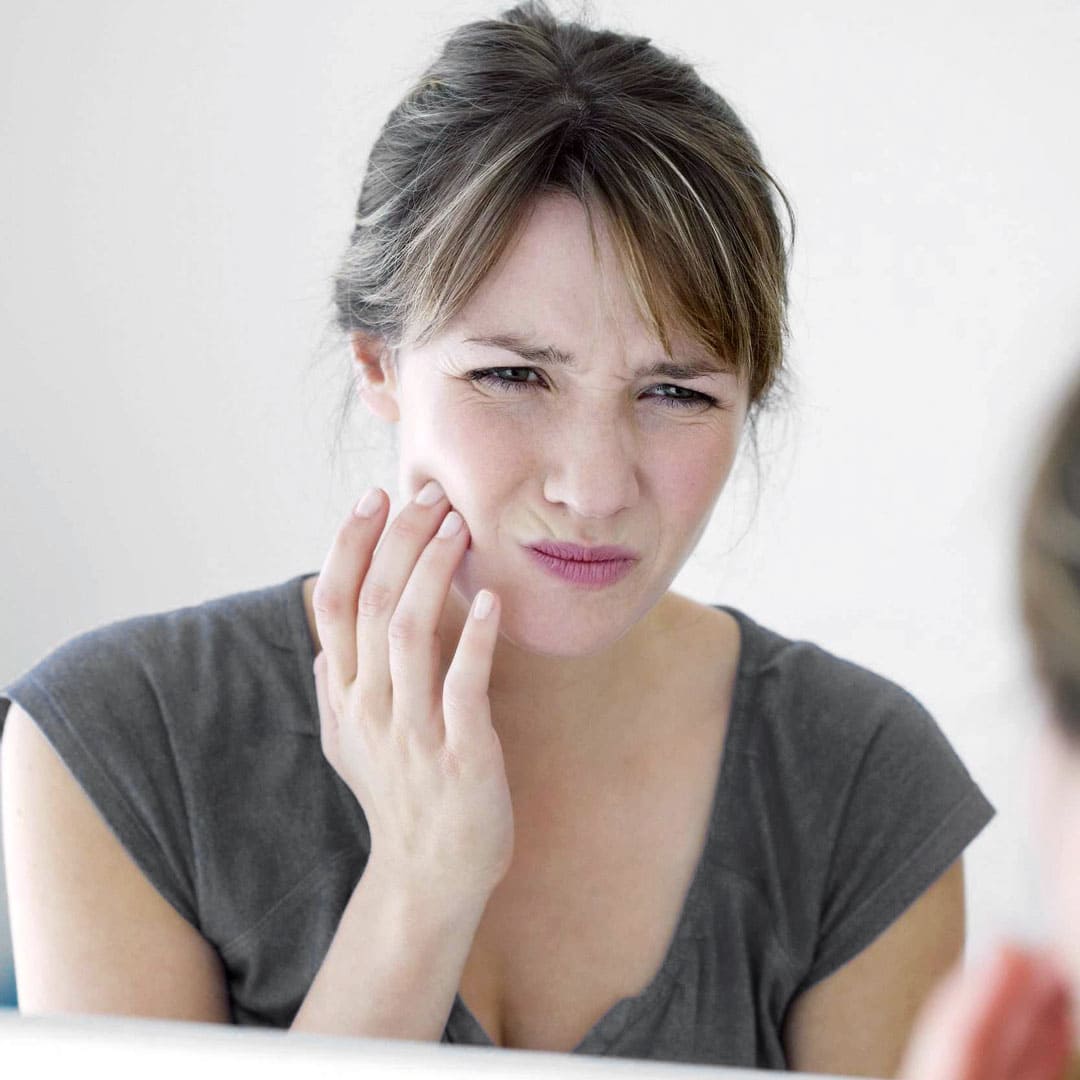
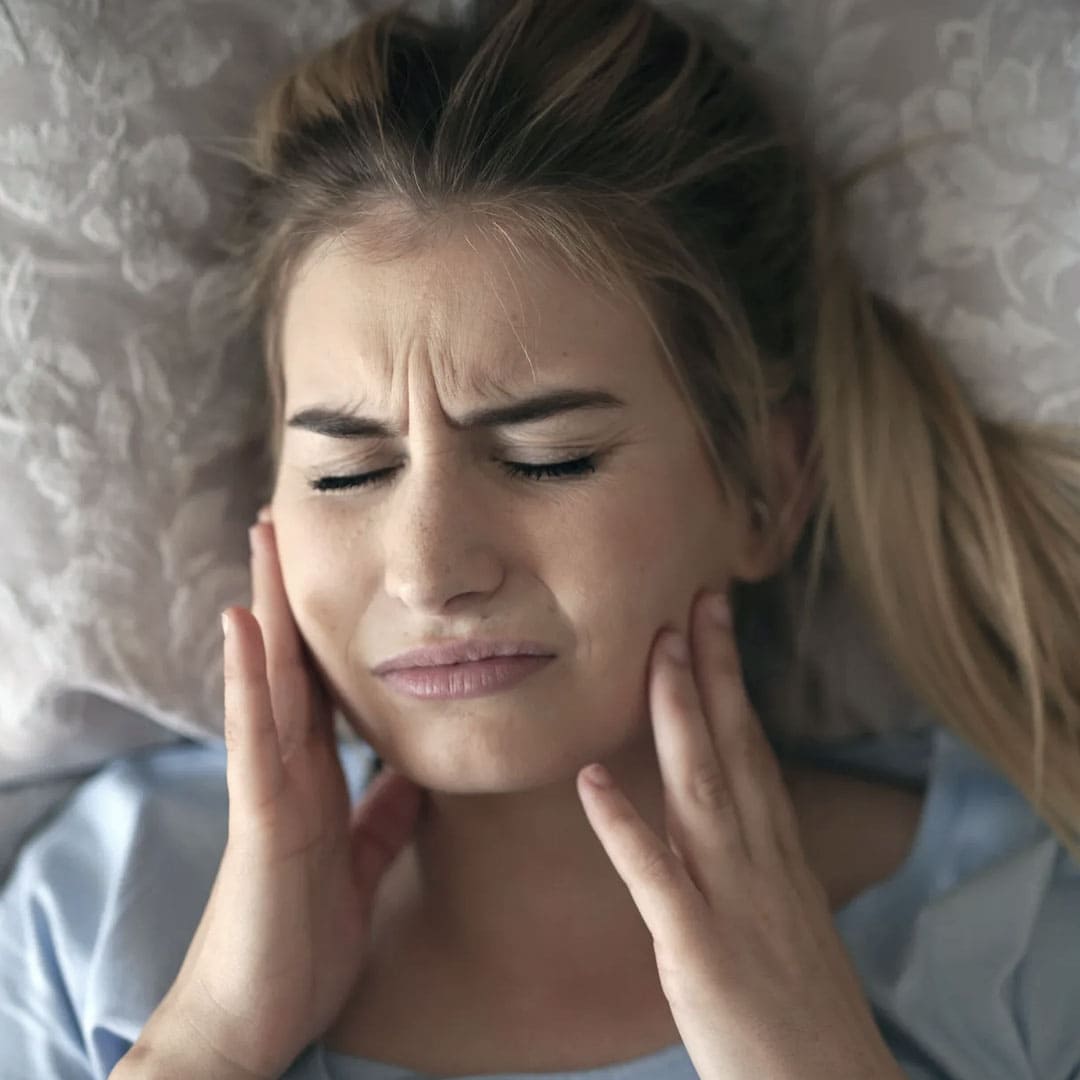
Causes of nighttime teeth clenching
- Curvatures and structural disorders of the jaw bones,
- Tension caused by intense stress,
- Suppressed anger,
- Reflux,
- Parkinson’s,
- Dementia,
- Night terror,
- Sleep apnea,
- Attention deficit and hyperactivity disorder,
- The jaw is locked due to diseases that cause attacks, such as epilepsy.
How Do You Know If You Grit Your Teeth at Night?
Symptoms of night clenching may not be easily recognized. This is because people often do not realize that they are clenching their teeth at night. If you clench your teeth at night, your partner may notice. Symptoms such as headache, clicking sound coming from the jaw when opening and closing the mouth, jaw pain, sensitivity in the teeth can help diagnose bruxism.
You may feel an intense headache when you wake up in the morning. You may start to have sensitivity in your teeth that was not there before. Pain starts to occur in your jaw. All these symptoms can be a sign that you are clenching your teeth at night. For whatever reason, as soon as you realize that you are clenching your teeth, you should consult your dentist without delay. This way, you can prevent extensive damage to your teeth. The methods to prevent clenching vary according to your daily habits and the intensity of your clenching. The experience of your dentist is also extremely important here.
Congenital structural defects in the jaw can sometimes cause clenching. In this case, the structural disorder in the jaw can be detected and corrected with one or more surgical interventions. Correction of malocclusions in the jaw is especially important for you to be able to chew food properly. Correction of jaw malpositions is also important for the correction of speech disorders. In addition, it is of utmost importance that the structure of the inside of the mouth is correct so that you do not bite your tongue while speaking or eating.
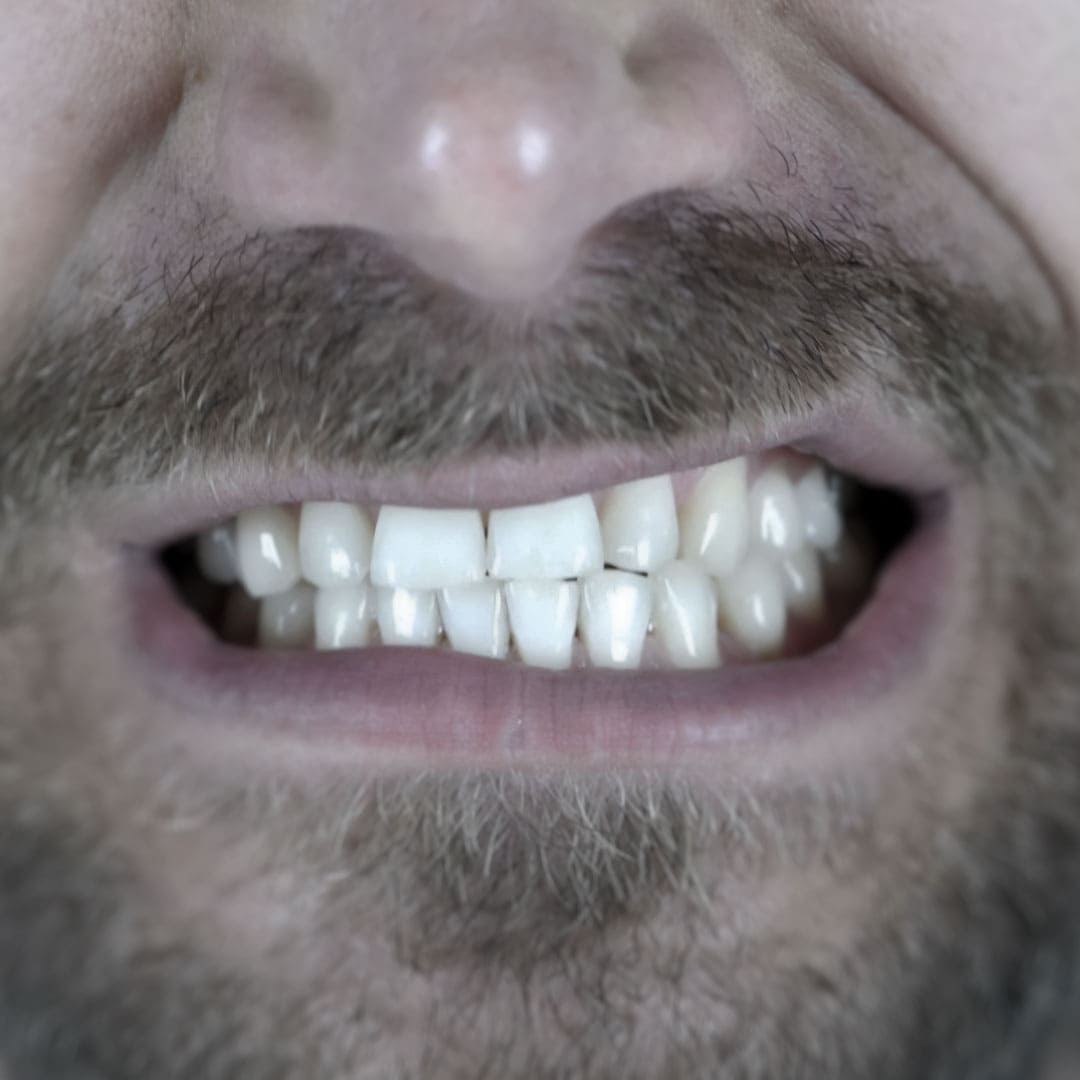
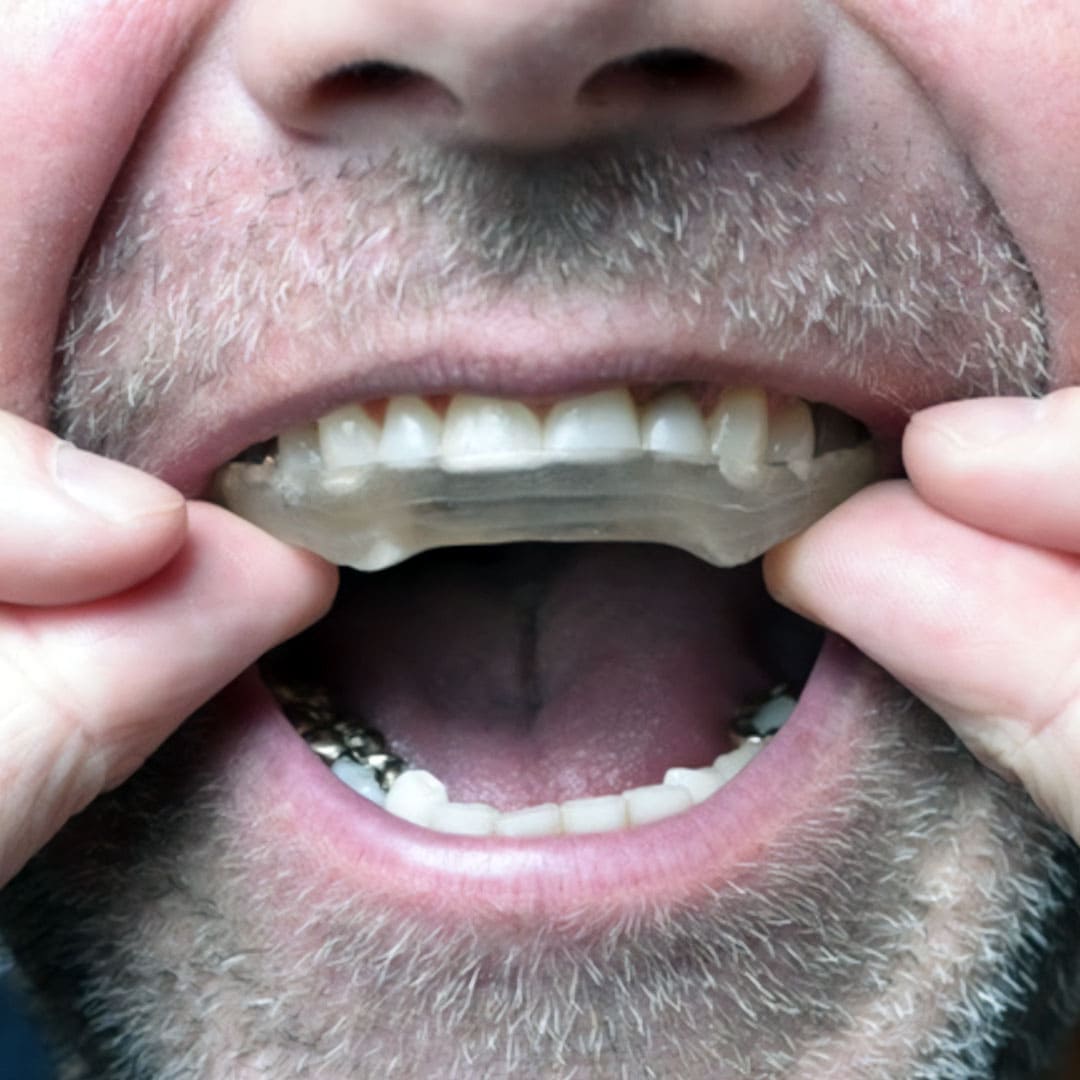
Treatment Methods for Night Teeth Clenching
Bruxism treatment methods are usually possible by identifying the underlying cause. Otherwise, the treatment provides a temporary solution; the problem of teeth clenching does not disappear completely. If you have a very stressful life, you can review your routines to correct this situation.
If you are experiencing nighttime clenching due to stomach disorders, you can use your medication as recommended in consultation with your doctor. When you solve the problem you are experiencing, your muscles and body become more relaxed. In this case, you may feel more relaxed and calm.
Non-surgical procedures are usually applied for the treatment of clenching. Botox procedures or plaques that can be applied to prevent the jaw from clenching are preferred. You can get rid of clenching your teeth through simple applications. Thus, your teeth will not wear and become sensitive. At the same time, psychological relaxation can naturally eliminate the tension that occurs.
The most common treatment method for night clenching is the use of night plates. The aligners prevent teeth from overlapping. It also supports the correction of tooth misalignments. Engaging in hobbies that help to relax your body and soul, listening to music, doing yoga and pilates, dancing help to relieve your daily stress.
When you organize your daily routines and reduce the stress factor, you can also stop clenching your teeth. For bruxism, as in dental aesthetic applications, you can choose both day and night aligners. If you clench your teeth too much during the day, you can protect your teeth from damage during the day with daytime aligners.
You can get a healthier mouth, teeth and jaw structure by making an appointment with OPC Clinic specialists for the treatment of night clenching problem.
Night clenching prevention methods are often closely linked to your daily habits. Getting psychological support, using medications to relieve anxiety disorders on the advice of a doctor can help you reduce clenching your teeth. In addition, talking to people you trust about issues that are on your mind and cause tension can also prevent you from clenching your teeth as much as before.
Dentist check-ups are among the methods you can apply in terms of preventive medicine practices. To prevent nighttime teeth clenching, you should wear the soft and transparent aligners recommended by your dentist before going to bed.
You can prevent clenching by using your aligners regularly every evening. In fact, the unconscious act of clenching your teeth happens automatically. However, the plaque between the teeth prevents the two jaws from overlapping. It prevents clenching and abrasion to the point of damaging your teeth. Dental plaque prevents grinding as well as clenching.
You can have a dental plate suitable for your oral structure made for both the lower and upper jaw. If necessary, your dentist will provide you with the necessary guidance. You can make an appointment at OPC Clinic to have long-lasting dental aligners and to have your teeth checked regularly.
TREATMENTS
Book Your Appointment
For more information about Root Canal Treatment and other treatment options and to schedule an appointment, please click here. Contact us for a healthy and aesthetic smile.

